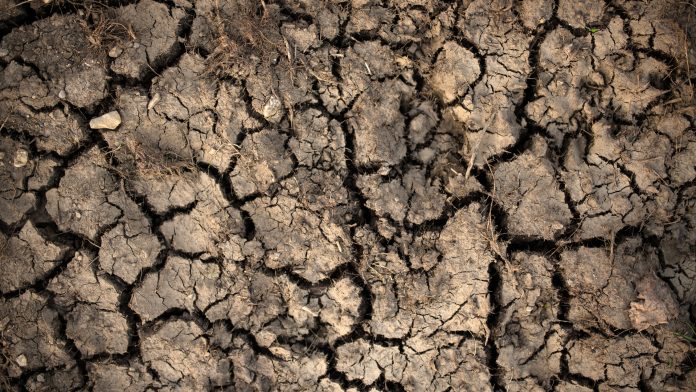A new study led by the University of Exeter, UK, suggests that a 2°C rise in global temperatures would release billions of tonnes of carbon from soil.
Soil contains two to three times more carbon than the atmosphere. As higher global temperatures speed up decomposition, it will reduce the amount of time carbon spends in soil, known as ‘soil carbon turnover’. This new research reveals the sensitivity of soil carbon turnover to global warming and its impact on the environment.
The international study, led by the University of Exeter, has discovered that an estimated 230 billion tonnes of carbon will be released at 2°C warming (above pre-industrial levels), more than four times the total emissions from China, and more than double the emissions from the USA, over the last 100 years.
Co-author Dr Sarah Chadburn, of the University of Exeter, said: “Our study rules out the most extreme projections – but nonetheless suggests substantial soil carbon losses due to climate change at only 2°C warming, and this doesn’t even include losses of deeper permafrost carbon.”
The researchers used a new combination of observational data and Earth System Models – which simulate the climate and carbon cycle and subsequently make climate change predictions. Co-author Professor Peter Cox, of Exeter’s Global Systems Institute, said: “We have reduced the uncertainty in this climate change response (by 50 billion tonnes), which is vital to calculating an accurate global carbon budget and successfully meeting Paris Agreement targets.”
How will a 2°C rise in temperature impact other areas in nature?
According to a report by NASA, if global temperatures rise by 2°C, more than 70% of Earth’s coastlines will see sea-level rise greater than 0.66 feet, resulting in increased coastal flooding, beach erosion, and salinisation of water supplies.
The report also states that at 2°C warming, 18% of the insects, 16% of the plants, and 8% of the vertebrates will see their climatically determined habitats reduced by more than half. This could potentially result in irreparable damage to the environment and increased desertification.
The report projects that climate-related risks to human health, livelihoods, food security, human security, water supply, and economic growth will dramatically increase following a 2°C rise in global temperatures. Regions at the highest risk include Arctic ecosystems, dryland regions, small-island developing states, and the least economically developed countries.









